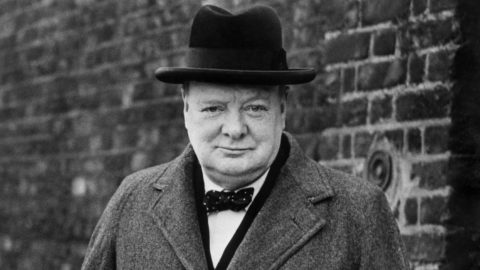In the Midland Home Service Continuity, we left the Home Service network for Midland programmes. After the weather (including trails on tape) and the regional news at 0710, the next opt out was for the last ten minutes of the Today Programme. The Opt Out cue, from Jack de Manio was (“The time is seven thirty five”). Unfortunately, Jack de Manio couldn’t tell the time (for reasons beyond the scope of this blog!) and he would often be a minute late, or be on time but read the clock incorrectly. As the “Regional Extra” programme was on tape, this gave us a serious timing problem. We did this twice; the second opt out was on the cue; “The time is now half past eight”. At least if the 7-35 one was a disaster, you had the chance to get it right in the second edition.
The objective of the Continuity Operator was to match the levels from one programme to the next, something that you might have noticed is lacking today! We had one operator who hated continuity work, and didn’t bother making any adjusments. This was noticed by our managers listening at home. Unfortunately, the reputation tainted us all.
I was the continuity operator on the day that Winston Churchill died. As it happened, we were about to do a church service to all regions from the Midland Home Service when the news came through. Now, in continuity, although the operator controls the levels, fades up studios, and operated the red lights in the studio, the announcer is in charge. On this particular morning the service was coming from a university city, and the students thought it a good idea to play pop music over the public address loudspeakers once the programme had started. So, I faded up the OB, the minister welcomed the listeners and explaind that the service would be changed to a dedication to Sir Winston Churchill, following the tragic news, and they got into the first hymn. That is when the pop music started. I wanted to chop it straight away, but the announcer would not let me. The OB engineers (who should also have cut it) had both left their post to find where the music was coming from; so I lost contact with them. I begged the announcer to let me fade it out. Again and again I asked him. Still no decision. After probably two or three minutes, he said “All right then, but let me put a record on the turntable first.”!
The operational instructions were changed after this. A memo said that if anyone hears something which should obviously not be broadcast, they can cut it. (By the way, I do remember who the announcer was, and which university was involved. Probably best not to say!)
Colin Pierpoint
